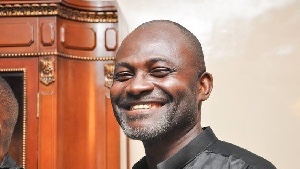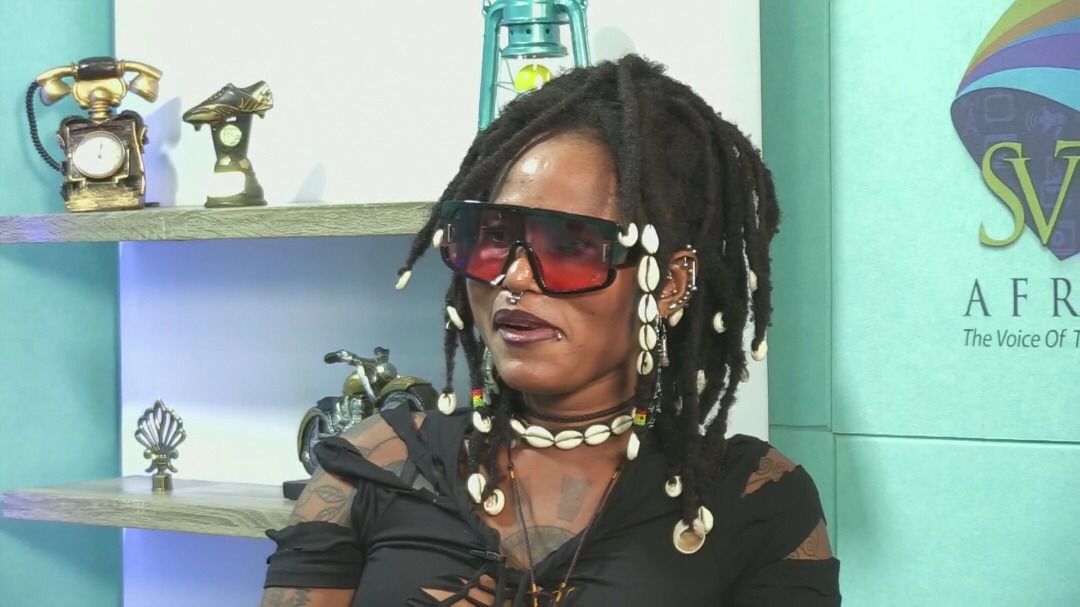“Most Marriages Abroad Fail Because Men and Women Have Different Intentions” – Philip the Predictor Explains on SVTV Africa
Philip the Predictor, a regular guest on SVTV Africa’s Daily Hustle Worldwide Show with DJ Nyaami, has shared deep insights into why most marriages involving Ghanaians abroad fail. According to him, many of these marriages are built on conflicting visions, selfish intentions, and unequal expectations between men and women.
Speaking during the interview, Philip noted that aside from contract marriages, there are four to five main types of marriages abroad — all influenced by the intentions of the people involved.
“Every marriage abroad is based on intentions, visions, and aims. The man comes with his own aim, and the woman also comes with her own. If the two don’t share a common goal, problems will surely arise,” he explained.
He added that some people travel abroad and later bring their spouses from Ghana, but the change in environment and mindset often creates new challenges.
“The best marriages are usually those where the couple knew each other back in Ghana before relocating abroad. Those ones stand the test of time,” Philip emphasized.
However, he said marriages that begin abroad — especially when the couple met casually or through friends — often struggle because they lack a solid foundation. Many partners enter relationships not out of love, but out of convenience, survival, or immigration motives.
“Some people have tried marriage five or six times and still can’t make it work. That’s because their intentions are wrong. One person might be genuinely committed, while the other is chasing their personal goals — maybe even using the relationship as a means to stay abroad,” he said.
Philip also touched on how family interference and cultural differences complicate relationships abroad. He observed that some men bring their partners overseas only for extended family members to create pressure or expectations that weaken the union.
On the subject of gender dynamics, he made a controversial point about the difference between marriages in Ghana and those abroad:
“In Ghana, most men earn more than women, and that naturally makes women more submissive in relationships. But abroad, both men and women work and earn equally, so the balance of power changes. Many women abroad are quick to say, ‘I know my rights,’ which affects traditional roles,” he stated.
Philip further argued that the social systems in Western countries contribute to marital instability:
“Every woman abroad has two marriages — one with her husband, and another with the government. The system supports her if she divorces, so she always has a backup plan. But in Ghana, there’s no government support for divorce, so couples try harder to make it work.”
He concluded that men and women abroad must learn to adjust their expectations and communicate openly if they want lasting relationships.
“If the woman has the money, the documents, and the upper hand, it’s difficult for the traditional Ghanaian marriage to survive abroad. But if both partners share the same values and vision, they can still build a strong home,” Philip advised.

















